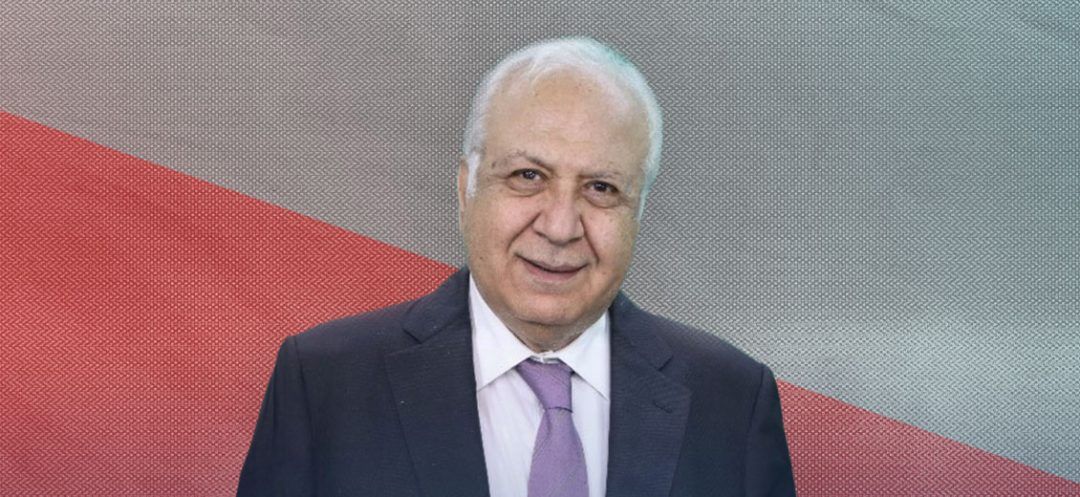
The commission tasked with drafting proposals to amend the Monetary and Credit Code (CMC) presented its project to Caretaker Prime Minister Najib Mikati on Monday after eleven months of rigorous effort. However, there is still a lengthy process ahead before the amendments become effective. The proposed text must first be examined by parliamentary committees and then submitted to a vote in the Parliament, whether it is a bill or a legislative proposal.
The project does not claim to provide comprehensive adjustments to the provisions of the Monetary and Credit Code (CMC). Nevertheless, it includes significant reforms. Of course, these fall short of expectations because, as is widely known, some amendments could exacerbate sectarian and political sensitivities, especially in the current context of the presidential vacancy.
For example, any reform aimed at reducing the powers of the governor of the Lebanese Central Bank (BDL) would be perceived as an attack on the role of the Maronite community within the existing political system, established since the Taif Agreement.
To shed light on the implications of the recommended reforms, This is Beirut spoke to Ghassan Ayache, former Deputy Governor of BDL and a member of the commission tasked with proposing amendments to the CMC.
Floating Exchange Rate
Ghassan Ayache emphasizes that the commission managed to make a breakthrough on certain aspects of the CMC reform despite the “nuanced reservations” of Caretaker Prime Minister Najib Mikati and Caretaker Minister of Justice, Henri Khoury. The latter, who attended the commission's first working meeting, suggested that only “superficial changes” be made.
The former Deputy Governor of the BDL summarizes some key proposed amendments to the CMC as follows:
— Abolish the official exchange rate of the Lebanese pound and introduce a floating exchange rate mechanism. In this system, the value of the Lebanese pound is determined by market supply and demand for currencies rather than by the central bank or other public authorities.
— Enhance the criteria for BDL loans to the government by requiring legislation for each loan request from BDL.
— Improve governance in BDL management by emphasizing that monetary and banking policies are set by the Lebanese Central Bank's Governing Council, and requiring the BDL governor to publish and implement the Council's decisions.
— Create two new committees within the Central Council: a Monetary Policy Committee and a Risk Management Committee.
— Establish an audit body tasked with overseeing compliance by the governor and BDL entities with laws and codes of conduct, ensuring the integrity of financial statements and audit procedures.
— Enhance and modernize the government audit office at the BDL.
— Forbid the BDL from accepting foreign currency deposits from banks, except for their mandatory reserves.
Cautiousness
Ghassan Ayache further explains that the commission decided early on not to address the organization of the banking sector, as the government is currently working on a banking sector restructuring project. Therefore, it was deemed illogical to amend the rules governing banking activities without first reviewing the government's plan and addressing the financial system's discrepancies.
Furthermore, the former Deputy Governor of the BDL explained that the extensive powers of the BDL’s governor are “dangerous” as they centralize the fate of the entire financial system in the hands of one person.
"We agreed to postpone addressing this aspect until political circumstances permit, namely when executive power is regulated by the presence of a head of state," explains Ghassan Ayache.
In this context, he emphasizes that, under the provisions of the CMC, the governor of the BDL is responsible for managing the Central Bank. He presides over its Central Council, which determines monetary and banking policies, its Special Investigation Committee, its Higher Banking Council, and the Financial Markets Authority. Moreover, he oversees the Banking Control Commission in Lebanon (BCCL), as it falls under the jurisdiction of the BDL.
Meanwhile, he stresses the commission’s efforts to enhance BDL governance by establishing new independent control and audit bodies distinct from the governor, along with new committees such as the Monetary Policy Committee, to diversify viewpoints and broaden participation.
Read more




Comments